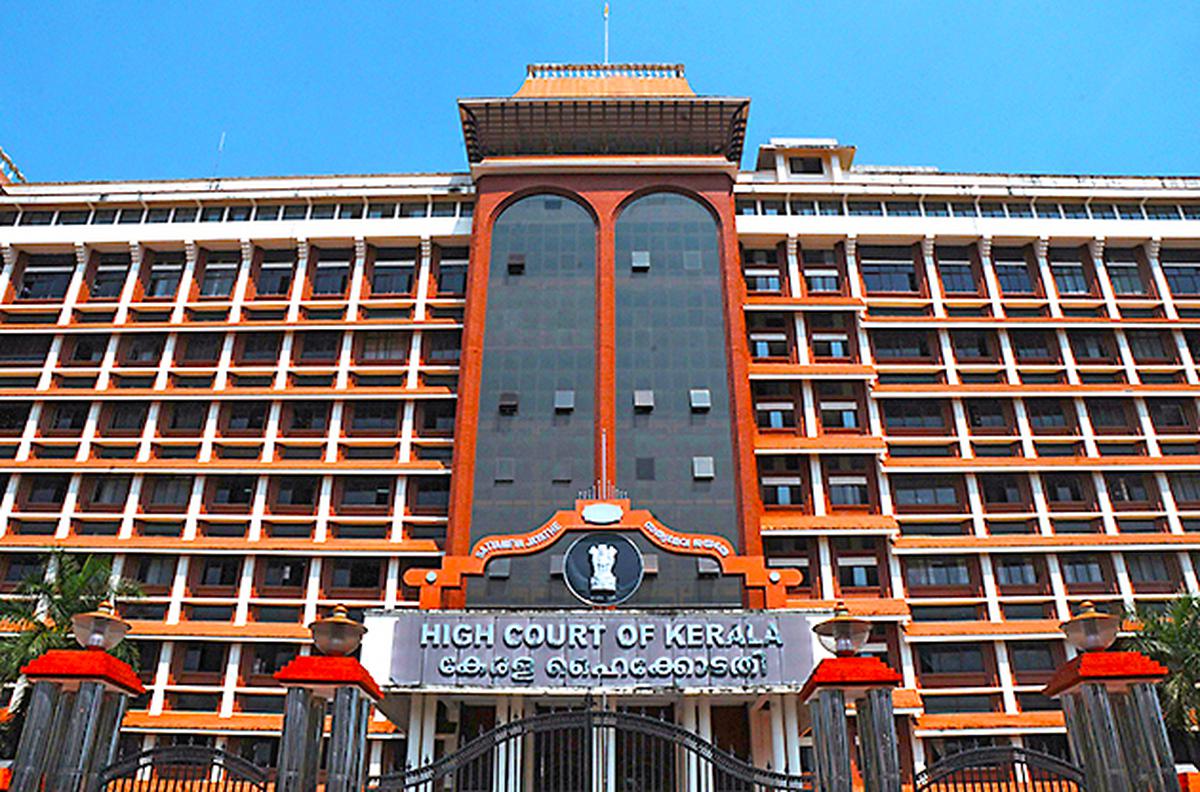Residents of Pulpally and Mullankolly grama panchayats engaged in the construction of the check dam across the Kabani at Marakkadavu in Wayanad on Tuesday.
| Photo Credit: SPECIAL ARRANGEMENT
Hundreds of people under the aegis of the Pulpally and Mullankolly grama panchayats on the Kerala-Karnataka border on Tuesday set up a temporary check dam across the Kabani river to tackle drinking water crisis in the region.
After inflow in the Kabani dropped sharply adversely affecting the operation of pumping stations of the two civic bodies, people came forward to set up a check dam, Pulpally grama panchayat president T.S. Dileep Kumar told The Hindu.
As many as 800 people, including workers under the Mahatma Gandhi national rural employment programme, took part in the work at Marakkadavu, where the pumping stations of the two civic bodies are located.
Residents of Pulpally and Mullankolly grama panchayats engaged in the construction of the check dam across the Kabani at Marakkadavu in Wayanad on Tuesday.
| Photo Credit:
SPECIAL ARRANGEMENT
Close to 3,000 sand-filled gunny bags were used to construct the 50-metre-long check dam at a height of 1.5 metres. Once the Kadamanthodu project materialises, issues facing farmers in the area can be resolved, Mr. Dileep Kumar said. It took nearly seven hours to complete the check dam, he added.
Though the Cauvery Water Disputes Tribunal had awarded 30 tmcft of water to the State from the three river basins of the Cauvery such as Kabani in Wayanad (21 tmcft), Bhavani at Attappady in Palakkad (6 tmcft), and Pambar in Idukki (3 tmcft) decades ago, successive governments are yet to complete any irrigation projects to utilise the water.
The Kabini and Nugu dams, across Kabani and Nugu rivers respectively on the Karnataka side, are examples of how State-led efforts can help harness water for irrigation and other purposes. They collect 120 tmcft to 140 tmcft of water every year from the two tributaries of the Cauvery, originating from the hill slopes of Wayanad, after the construction of two reservoirs across the rivers and many ponds in Karnataka.







